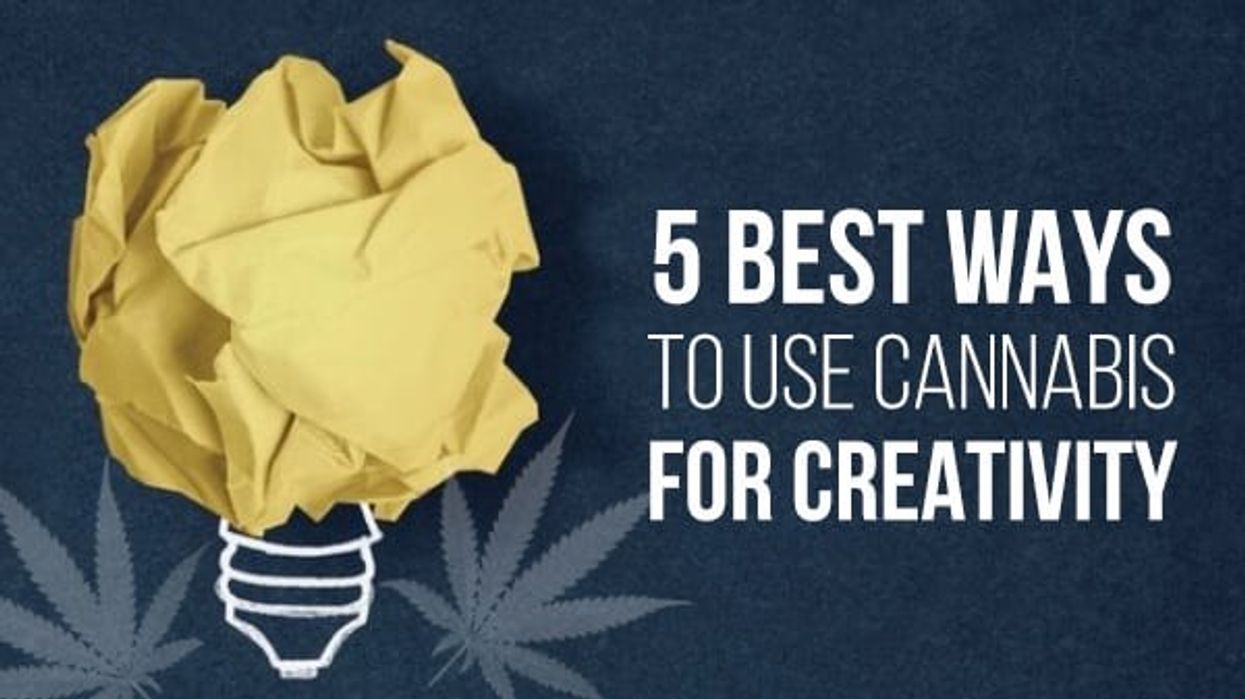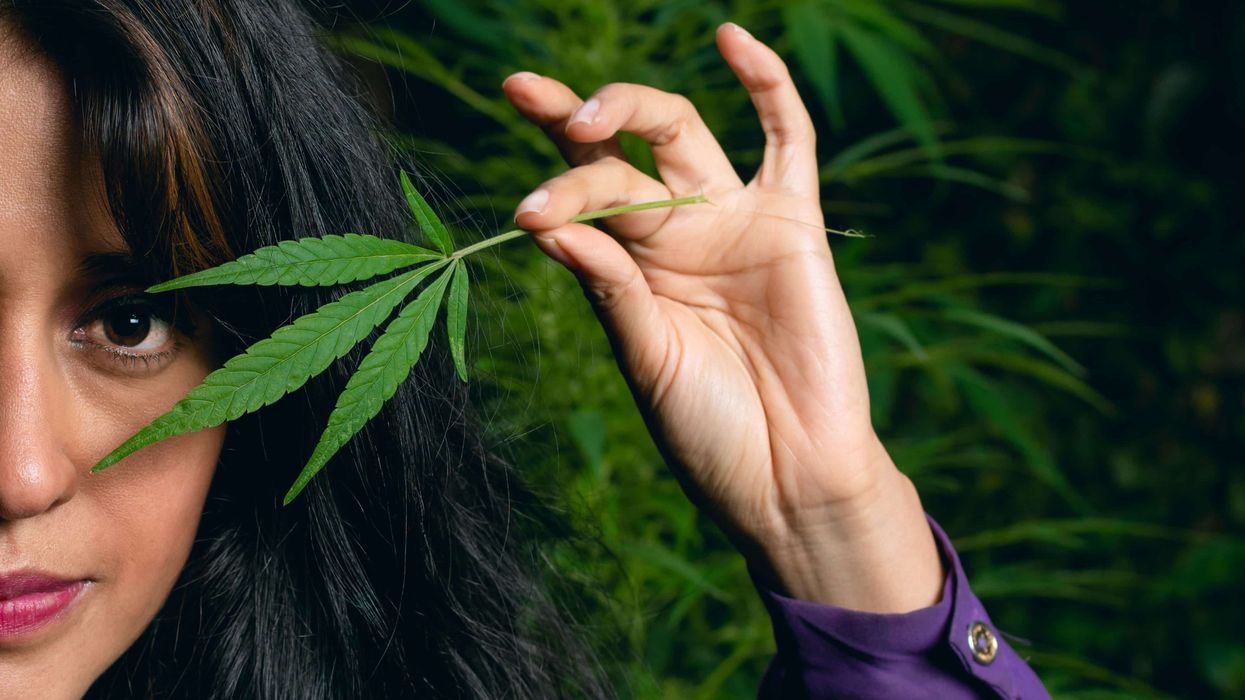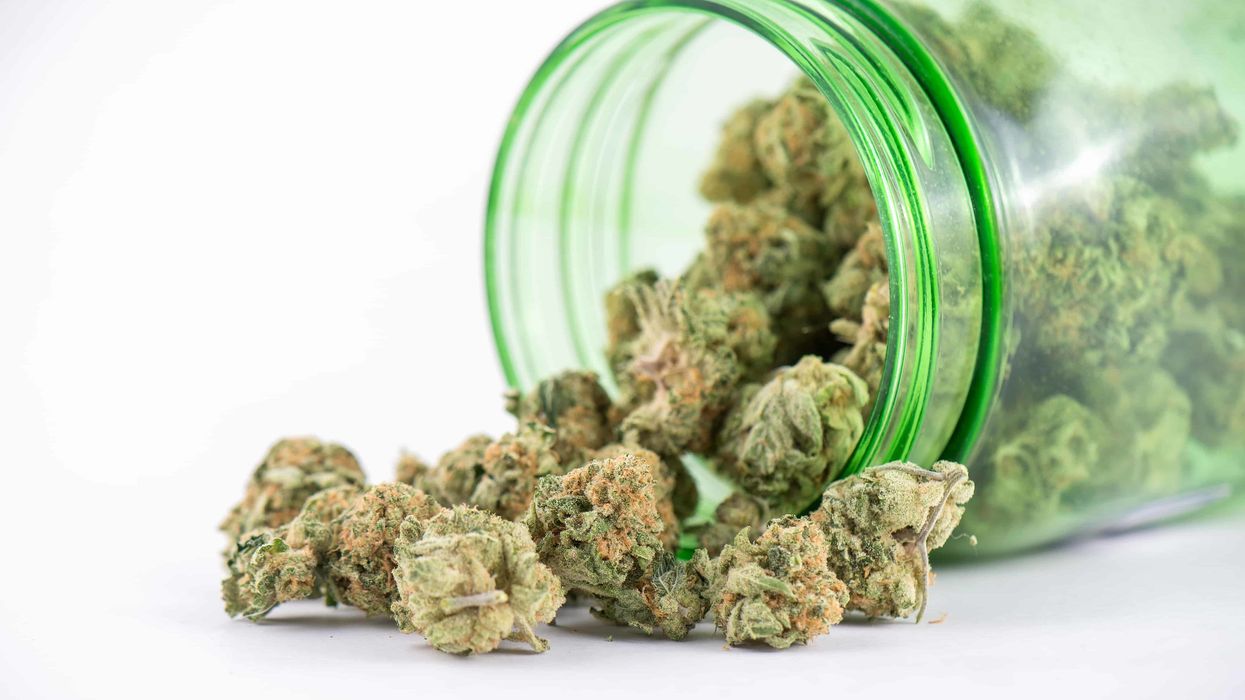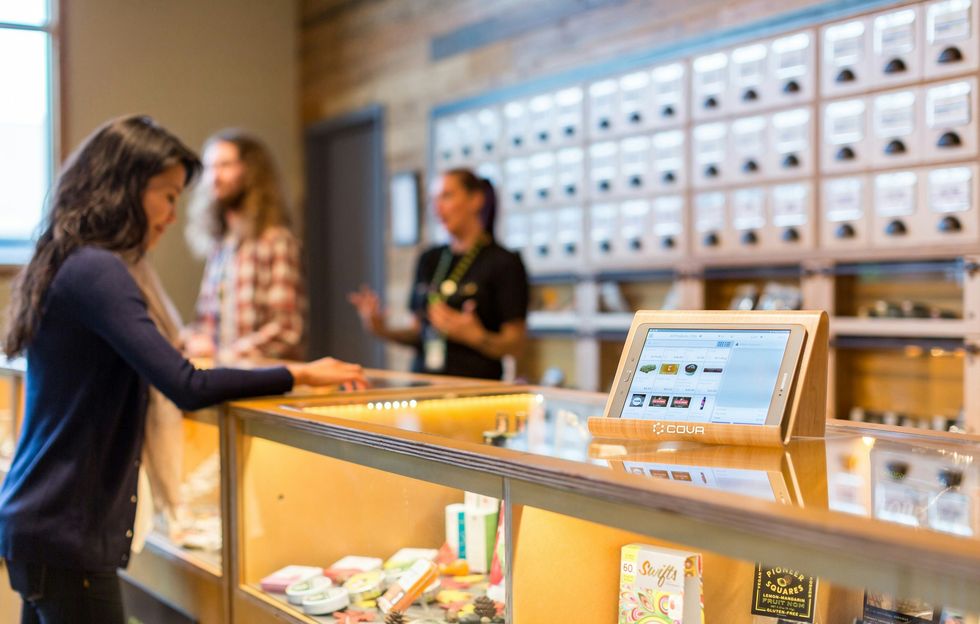This article was originally published by Gregory Frye on Benzinga and appears here with permission.
As cannabis continues to gain mainstream momentum, operators and stakeholders in the space face serious questions and challenges that will test and perhaps even redefine almost every aspect of their business.
The industry is on the threshold of exponential growth, and we’re still in the early chapters of a narrative that will impact every human being on the planet if done properly.
“Just like we had digital transformation being the great disruptor of the last 20 years, cannabis transformation is going to be one of the greatest disruptors of the next 20 years,” says Stephen Murphy, Co-Founder at Prohibition Partners. Murphy recently moderated a guest panel at Vanguard Scientific’s ‘Inside the Industry’ Webinar event that brought together Chris Stubbs, Vijay Bachus and Chris Chappie, some of the top minds in the industry, to discuss the future of global cannabis.
Obviously, if your goal is to keep things small, selling craft cannabis out of a mom-and-pop operation, the challenges and the demands will be much different compared to those with greater, mainstream ambitions.
“The regulations are coming,” says Chris Chappie, VP of Systems Integration at Vanguard Scientific, emphasizing that most cannabis facilities today will likely not be compliant in a few years’ time.
“The long-game investors and the long-game producers are demanding a safely produced, trackable product, one that's produced with the safety of the employees and supply chain in mind.”
These factors are not just about morale and passion, Chappie continues. “For the purpose of competing in what's going to be a global environment, these companies are going to be demanding a uniform and consistent product, and a process that's trackable and transparent throughout the supply chain.”
This is an enormous change, Chappie notes, from the backyard Hydrocarbon producers of yesteryear compared to sterilized laboratories mass producing products for medicine or food additives.
Some producers in the industry will be able to make this kind of change while others won’t, Chappie adds. This is what’s happening with CBD right now.
Quality Control Equals Innovation and Opportunity
Quality control is a central focus for Chris Stubbs, Co-Founder and Chief Science Officer of GenCanna Global. Stubbs works with his team overseeing 7,000 acres of hemp destined for CBD extraction.
“Quality management, taking a look under the hood – if you can't get through a vendor supply chain on it, you're not going to be producing for any big player,” Stubbs notes during the session.
The entire system supporting that 7,000 acres is designed “to extract, to refine, to formulate, to isolate, with very similar outputs every single time because you have to minimize risk, you have to minimize crop after crop year variability. And there are tons of levers that we can pull throughout this process to do that,” Stubbs explains.
“But if you can't get past step one, which is being approved to sell into a more mature market, all the other cannabinoids don't matter. And so, we've designed this to be agnostic to which cannabinoid we're extracting and refining or formulating with.”
It is only when you have this foundation dialed in, Stubbs advises, that you can really begin to innovate with product development.
“When you look at qualifying an ingredient and being able to play in different marketplaces because you have reached the highest bar from a regulatory and specification perspective, then we get to focus on other things,” he says.
“How many zeros are there before the THC limit is reached? What is the particle size? What's the product stability and shelf life? It's not just that standard industry COA; you have to go much further beyond that if you're going to impress and be approved by a Nestle or a major water company, as examples.”
Is Your Operation Ready for the Big Leagues?
It’s only a matter of time before CPG companies such as Nabisco, Nestle, or Unilever come in and start partnering with or buying out cannabis operators. That kind of payday is why a lot of stakeholders got into cannabis or CBD in the first place.
Industry veteran Vijay Bachus of Cannabis Business Experts senses these big CPG companies are hedging their bets, waiting for the right time to jump in. “I think they're letting a lot of these players who are already in place, do all of the heavy lifting for them,” he says.
In other words, when the CPG enterprises do start to come in with their big money and resources, they’ll be looking for the hard part to have already been done instead of doing everything themselves. “We're kind of carrying the industry right now to the future, if that makes sense,” Bachus says.
If a major CPG partnership or buyout is your goal, what makes you think these big players will care about your operation?
Stubbs’s operation, which has an input of tens of millions in biomass is obviously much different than an operator producing a single line of gummies.
Assessing which operators are best prepared to serve at the CPG level can be tough at this phase. In the U.S., state by state, you see a lot of different situations and contexts. Some medical states rely on smaller indoor grows where pests and pathogens are a constant risk, which is a significant contrast from multistate operators designed for global scale since their inception, Stubbs says.
This is why conversations around consolidation and compartmentalization are so relevant. “We can't be all things to all people in all regions. We have to redesign our businesses or redesign our reach and be as efficient as possible,” Stubbs says.
“Your form factors, your functionality of the equipment, the plant that you're producing in, [all of that] really needs to be as stable and foundational as possible, so that you can meet your clients’ needs, and not be all things to all people.”
Preparing for Mainstream Compliance and Product Recalls
While Chappie and his team at Vanguard Scientific encourage and even work with operators to get prepared for cGMP certification against recognized compliance standards like 21 CFR 111 for dietary supplements or potentially 21 CFR 211 compliance for pharma-grade products – critical steppingstones to enabling a global distribution capability – it is still only part of the equation.
In addition to making sure equipment doesn’t become obsolete too fast, operators also have to be able to identify and trace any issues that might come up. Imagine if a recall were necessary. Is your operation prepared to handle the inevitable as efficiently as possible? Or will your brand sink like a brick because you were unprepared?
“That's the whole point of these systems, to take a look at a package on a store shelf and be able to recall the minimum amount of product through the line and have complete trust in your brand. And that's where we move people to. That's the long-sighted [approach],” Chappie says.
Stubbs adds that CFR 111 compliance is a must while also pointing to the excellence of the BRCGS Issue 8 Standard for food safety because “one of the requirements is to not only conduct eight to ten mock recalls per year, but they have targets associated with how much of the lot-controlled packaging, and product and ingredients you have to recall. Our team performs eight to ten mock recalls per year as just the minimum standard,” he says.
“I don’t think it’s very common in any of the med, rec, or CBD spaces. But globally, I think we're getting better at it and better at understanding those requirements. And not just waving a three-letter cert around saying I'm GMP. Well, GMP against what, for what, where, and how? Those next-level questions are what you have to be prepared to answer when being audited.”
The Global Vision Most People Are Missing
For cannabis operators and stakeholders with global ambitions, there is another component of tunnel vision at play in terms of international market activation.
Murphy sees it quite regularly. “Every investor deck or business plan I see from companies, it's all about ‘we're going to supply Germany’. Suddenly Germany has a population of 2 billion and these companies have 110 percent penetration on that market. It doesn't work, and people probably need to better understand global development.”
To that end, Bachus points out how a lot of markets are being overlooked in painful ways. “A lot of the opening of the markets in third world countries is really not being addressed in the way it needs to be,” he says.
“Take a country like India, that has an incredible ability to grow this plant and that's done it for centuries…there isn't the stigma in a place like India that there is in the U.S.”
Everybody's focused on the EU, Bachus continues, but they're not looking at the global vision. China and India alone eclipse all the rest of the global market in terms of number of consumers.
“And when you're looking at a global perspective, you have to include those countries. You have to include Africa; you have to include South America, because that's really where the cultivation centers are going to be,” Bachus says.
“And as these countries are taking their dominance to the world stage, they're also going to be demanding the same pain relief, the same experience that the American consumers want. And I think that's a huge market that a lot of people just are not looking to these days.”
The world needs cannabinoids now more than ever, Stubbs adds. Who better to grow them and process them than those countries themselves?
“That's where helping these countries, helping these companies, helping regulators to understand what best practices are, how our production platforms work, and how to minimize risk and not have any poisons or contaminants [is important],” Stubbs says.
“We have a lot of heavy lifting to do there because you have to balance protecting your business and your company with being a human on this planet. And there are ways for us to lift each other up and be good stewards and not get over our skis.”
If You Don’t Want to Get Left Behind…
If your desire is to build a business for the future, now is the time to prepare. As global markets open and newly competitive and collaborative landscapes emerge, the challenges at hand are quickly growing in complexity.
The ideal state is the same for all of us, we all want to live in a world where the benefits of cannabis can be safely and effectively enjoyed by all, and those of us currently involved in the industry have a responsibility to guide the rest of the world towards this goal with integrity and accountability.
Preparation here requires clarity, educated assessments, and methodical steps to streamline operative sustainability and success.
Are you still missing out on The Bluntness newsletter? Sign Up today to stay in the loop.







 Justin Timberlake Eye Roll Gif By Agent M Loves Gif - Find & Share on GIPHYAgent M Loves Gifs
Justin Timberlake Eye Roll Gif By Agent M Loves Gif - Find & Share on GIPHYAgent M Loves Gifs








 How to Become a Budtender: Complete Career Guide & Salary Information - The Bluntness Photo by
How to Become a Budtender: Complete Career Guide & Salary Information - The Bluntness Photo by  How to Become a Budtender: Complete Career Guide & Salary Information - The Bluntness Photo by
How to Become a Budtender: Complete Career Guide & Salary Information - The Bluntness Photo by 